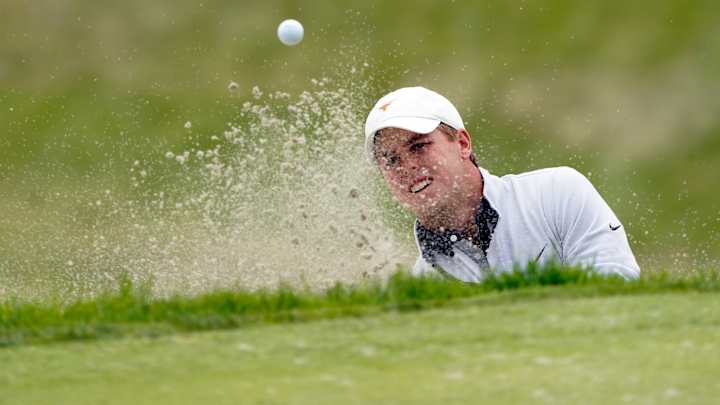College Golfers May Soon Be Paid, But Amateur Status With USGA Remains Unknown

Monday’s unanimous Supreme Court ruling that the NCAA can’t limit “educational benefits” to student-athletes apparently paves the way for universities, especially those who have the largest and most successful athletic departments, to begin providing legal compensation to athletes while enrolled in college.
The NCAA has been trying to outrun this decision by leading the charge to change its rules that would allow athletes to profit from their names, images and likenesses (NIL). Six states have NIL legislation in place that’s set to take effect July 1. And there’s a congressional push for federal NIL rules that would govern how college athletes earn money for sponsorship deals, online endorsements and personal appearances.
College golf is in a unique position with its relationship with the USGA and its Rules of Amateur Status. While NIL reforms might allow college athletes to accept money for participating in instructional clinics or camps, college golfers doing so would be in danger of running afoul of the USGA, which prohibits amateurs from being paid to give golf instruction.
If other college athletes are allowed to sign endorsement deals while still in school, college golfers would be prevented from being paid to endorse a product and still remain an amateur under USGA rules.
While schools have deals with shoe and apparel companies that golf teams benefit from, college players usually choose their own golf equipment. In the college game, those in men’s programs, especially the top players, have “promotional” arrangements with equipment companies to play their clubs. Such arrangements are allowed by the USGA, which says that amateurs of “golf skill and reputation” can accept free equipment.
NCAA President Mark Emmert last week was adamant trying to convince member schools to pass NIL legislation by July 1. If they don’t, he will take action himself, he said.
Emmert told The Associated Press on Monday that the high court’s ruling makes going about the NIL reforms “more complicated” but “doesn’t mean we can’t and we shouldn’t.”

Purkey has been writing about all things golf for more than 30 years, working at the highest level at publications such as Golf Magazine and Global Golf Post. He is an avid golfer, with a handicap too low for his ability. Purkey lives in Charlotte, N.C.